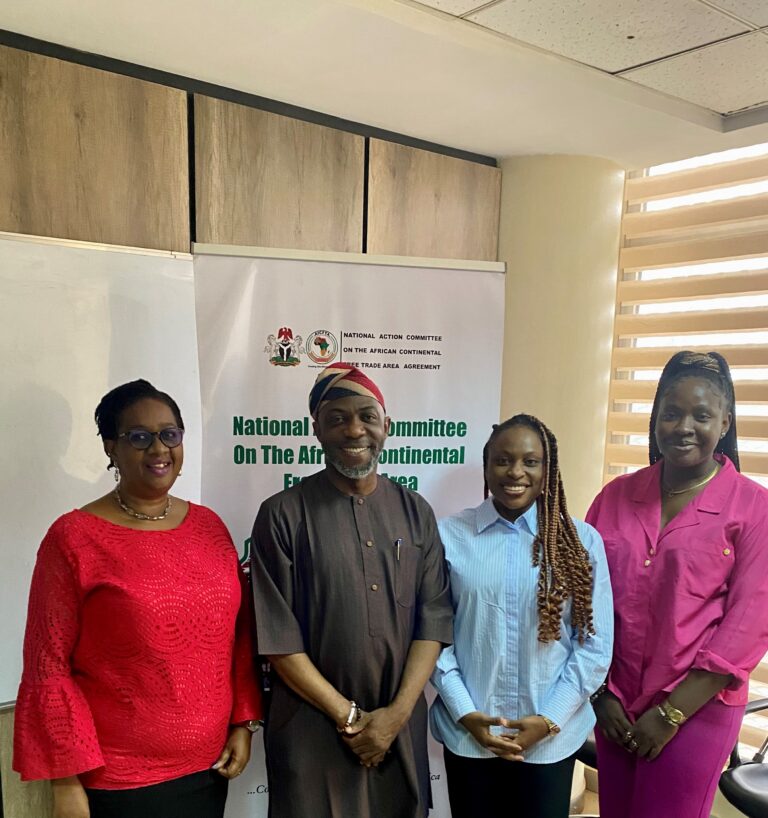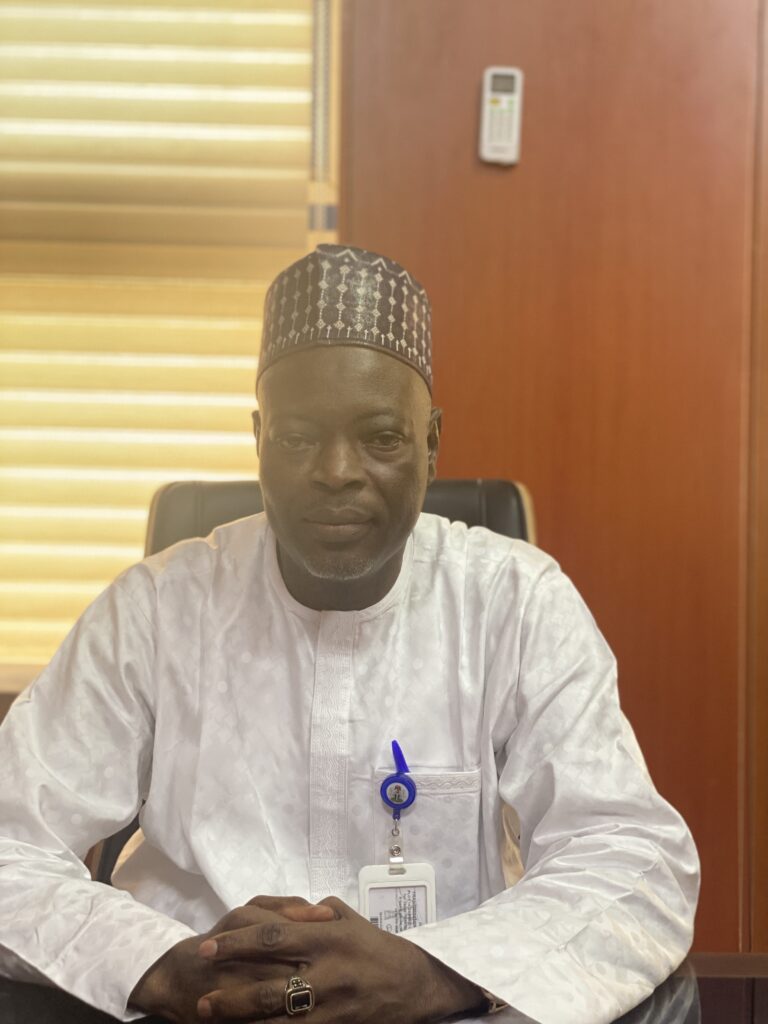Introduction
Amidst the pressing global demand for climate action, the spotlight intensifies on financing renewable energy projects, particularly in developing nations such as Nigeria. Concerns articulated during the 28th Conference of Parties (COP28) centered on the widening disparity between committed climate financing and the actual financial inflows, highlighting the repercussions for nations grappling with the impacts of climate change. This article encapsulates the insights shared by Monica Maduekwe during a press conference convened to address these critical issues. The narrative probes into both macro and micro-level challenges impeding the capacity of developing countries to mobilize climate finance and endeavors to explore collaborative solutions aimed at transforming climate finance from aspiration to reality for Nigeria.
READ News Article: How Nigeria can attract trillions of naira from climate finance
Macro Level Challenges: Scarce Capital and Policy Imperatives
Monica Maduekwe, CEO of PUTTRU Technologies Limited, underscored the alarming fact that, over the last two decades, the global renewable energy sector has attracted approximately $3 trillion in investments, with Africa receiving a mere 2%, as cited by the President of the African Development Bank (AfDB), Dr. Akinwumi Adesina. She explained that one of the key challenges identified at the macro level is the scarcity of capital. In the global landscape, capital tends to flow to certain regions, favoring Latin America and Southeast Asia, while Africa lags behind. The press conference emphasized the need for targeted public policy and government initiatives to attract capital to regions that need it the most.
Monica Maduekwe highlighted the crucial factors that make capital flow to certain areas, including a growing industrial base, domestic capital contributing to growth, and a sufficient level of security and protection of property and lives. To enhance economic activities and instill investor confidence, local financiers must lead, creating an environment conducive to investment, she added.
Micro Level Challenges: Project Development and Equity Capital
Maduekwe also noted that challenges exist at a micro level. According to her, project development emerged as a key differentiator in attracting capital. She noted that successful project development requires a thorough study of investment opportunities, risk identification and mitigation, clear partnerships (both public and private), and a well-defined financial structure. However, project development comes with risks, and the funds required for it may not be recuperated. Private investors may hesitate to take on these risks, especially when other opportunities with lower risks are available, she added.
The press conference discussed the expected structure of the New Collective Quantitative Goal (NQCG) on climate finance, set to replace the Paris Agreement’s goal of $100 billion per annum by 2025. Developing countries, at the COP28 High Level Ministerial Dialogue on the NQCG, stressed the need for trillions, not billions, to achieve ambitious climate targets. Speaking on the NQCG, Monica Maduekwe highlighted the importance of an equity capital-based structure for the NQCG, emphasizing that grants alone may not be sufficient.
Read News Article: How Nigeria can attract multi-trillion funding from climate finance–Experts
Equity Capital for Sustainable Climate Financing
Equity capital was presented as a crucial element in the NQCG structure by Maduekwe. The press conference outlined the challenges of relying solely on grants. Equity-based climate finance was positioned as a solution to reduce the reliance on debt, attract larger and longer-term investments, and ensure that developed countries have a direct stake in climate change projects implemented in Nigeria.
Maduekwe stressed that equity capital tends to be more substantial than grant, with a longer duration, and the investor becomes an owner of the project. This ownership structure fosters a sense of responsibility and commitment to the success of the project. The involvement of private and institutional investors with a track record in climate finance further attracts additional capital.
Collaborative Solutions: PUTTRU and NAC-AfCFTA
The press conference concluded with a focus on collaborative solutions to make climate finance a reality in Nigeria. The collaboration between PUTTRU and the National Action Committee on the Africa Continental Free Trade Area (NAC-AfCFTA) was highlighted as a key initiative.
Represented by Amie Alex-Irobi, Power Infrastructure and Services Coordinator, discussions covered the activities lined up by NAC-AfCFTA to prepare Nigeria to attract investments towards the country’s industrial development and sustainable economic growth. Amie Alex-Irobi noted that industrialization in Nigeria would need huge capital and expressed her hope that climate finance will be attracted into the economic sectors to realize the objectives of Nigeria in the AfCFTA. She noted that NAC-AfCFTA’ s mission to bolster economic sectors in Nigeria, particularly in ensuring available, reliable, and affordable energy, aligns with the strategy of PUTTRU in trade and investment facilitation.
Read News Article: PUTTRU seeks climate financing for Nigeria
PUTTRU is the technical partner for the implementation of NAC-AfCFTA’ s Power Infrastructure and Services workstream’s programs. The collaboration aims to create a conducive macro environment through public sector initiatives and facilitate project development and investment mobilization, turning ambitious plans into actionable avenues for investment. By addressing both macro and micro-level challenges and advocating for an equity capital-based climate finance structure, the press conference emphasized the importance of concerted efforts to make climate financing a reality for Nigeria.







